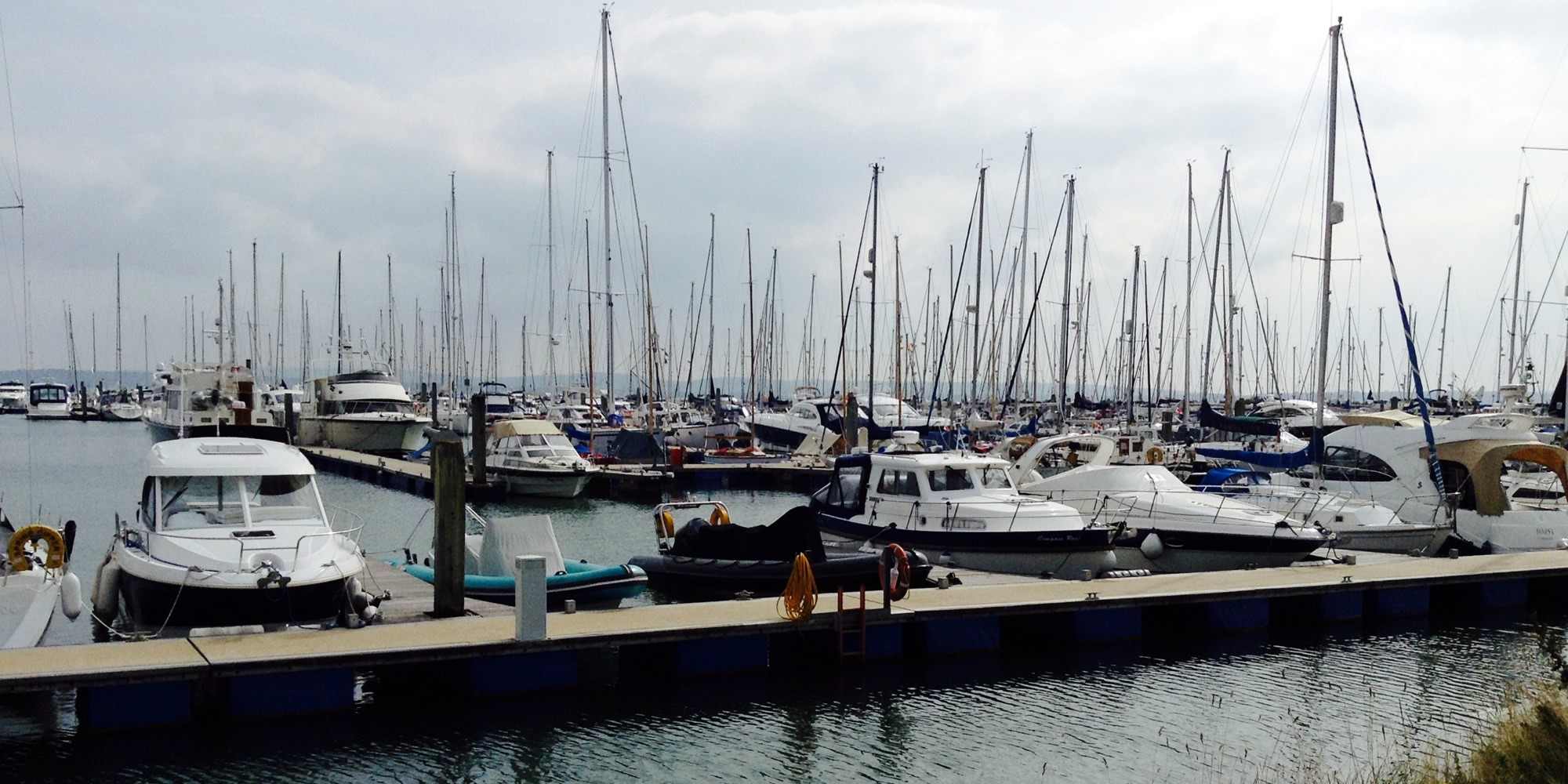Sometimes, it snows.
When I worked at Metro (now WYCA), and it snowed – or there were flood-like conditions, or it was very icy – people would turn to us to find out what was happening with their local bus services. Metro hasn’t run bus services since 1986, doesn’t own or operate any buses or employ drivers, but people turn to Metro anyway.
In part, that’s because the Metro logo appears on every bus stop and rail station, and practically every bus & train timetable in West Yorkshire, alongside a phone number to call. So people call it – it’s not like the bus operators have dedicated people in each depot to provide this sort of service.
The operators would supply us with information on which services were running, and to where. We’d then collate this information, break it down by district, sort it into numerical order and shovel it on to our web site. That meant anyone with access to the Internet could see the latest, whenever they wanted to – including local news reporters, which meant we didn’t have to constantly answer the phone.
Not that we ignored the media, we also did some live inserts on BBC Radio Leeds and similar, if they asked. Heck, even I did one, once.
When bad weather hit, the one thing passengers want to know is “will there be a bus or train?” and, for the most part, we could answer their questions and assuage any fears.
We were (are), for local media and the public at large, a voice of authority.
The $64,000 question
When a crisis or any out of the ordinary issue arises, the first question people ask is “how does this affect me?” You should have a way to answer that question before any crisis hits – make it part of your crisis communications planning, have a response ready to roll and make sure everyone knows what and where it is. The problem isn’t the problem – but your response to it could be.
I was reminded of this when the WannaCry virus hit unpatched Windows XP machines, including rather a lot owned by NHS trusts. The NHS, for the uninitiated, is not ‘national’ but a fragmented regime. A bit like public transport, except that Metro tries to coordinate information and publicity, whereas no-one seems to do that across all NHS-branded bodies.
First responder, as it were, was NHS Digital. They reacted quickly and put out an initial statement about 30 minutes after the news broke… and that’s it. The statements were updated on Saturday, Sunday and Monday but that was it. Twitter? Not much going on there in the first 72 hours. The list of affected NHS hospitals, trusts and any other information that might be useful to the poor member of the public wondering if they would be affected? Nowhere in sight.
Which was odd, as the national media outlets seemed to have a list. Or a partial list. And statements. So, possibly, lots of reporters were phoning lots of hospitals to ask the same question? An NHS IT director gave an interview to a magazine on Saturday. The NHS England Regional Director for London appeared on television.
As for the poor patient; first they had to work out if their hospital was affected, then find a phone number if they were, then ring the hospital and hope that there was a member of staff free to answer them.
The fact that it was affecting organisations around the world was irrelevant – a bit like me saying “it snows in Antarctica as well you know” during a snow day. And how many university IT managers got a worried call from their directors or Vice-Chancellors at 6pm on the first Friday, when the spokesperson from NHS Providers said that they’d heard of universities being affected?
At times, it felt more as if people were making statements designed to indemnify their own organisation (“we did tell them to update, honest”) rather than work together in some co-ordinated fashion.
Silence will fall
More IT woes, this time for BA (known as British Airways in the days when the number of syllables in a name wasn’t so important).
It might have been a power surge, job cuts or yet more hacking – but again, the question on the lips of most people was “how does this affect me?”
Disgruntled passengers are always going to turn to social media to vent their frustrations, but if you’ve offered to rebook them at no additional cost with another carrier and they aren’t delayed too much, you’ve taken the sting out of the tail (tale). So it’s important to get that message out, across all your owned channels – including frontline staff – as well as through the media.
If you can’t rebook them, can you find a different method of domestic transport? Can you find and pay for accommodation? Claim it back later if you can – but if you can’t, take the hit.
The golden rule is that if you are the organisation that people turn to when a crisis hits your sector, then you should be prepared to assume the mantle. Show leadership. Otherwise, what else are you there for?
Full disclosure. I went for a press-related job with NHS Digital earlier this year. This does not mean things would have been different if I’d got the job, though it does suggest I wouldn’t have written this post as the conversation would have been an internal one.
